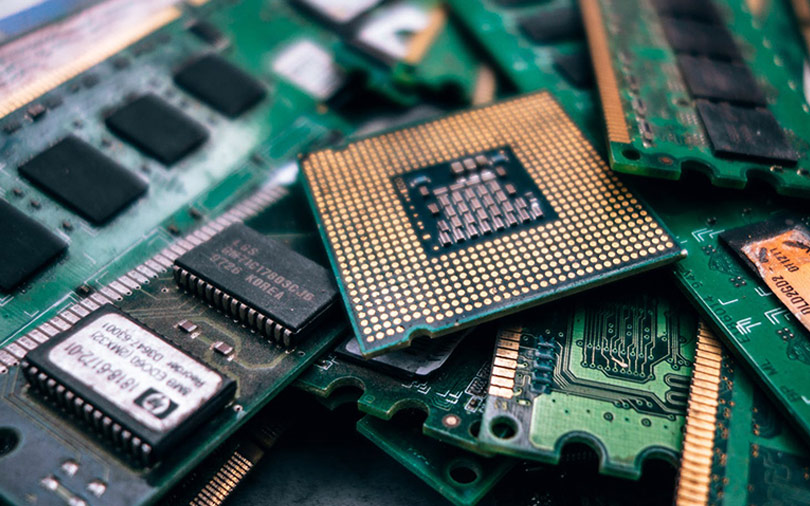
Microsoft uses custom-configured chips in different approach to AI computing


Microsoft is traversing a different path to AI computing. While rivals Google, Nvidia and Facebook are using silicon chips for AI processes such as crunching data for machine learning, Microsoft has come up with fast and flexible chips that can be custom-configured even after manufacture.
Called field-programmable gate array, FPGA is an integrated circuit designed to be custom-configured even after its manufacture – therefore "field-programmable".
This is a very different product from what rival Google developed: Tensor Processing Unit. The company created he chip after spotting a need for silicon chips that could help its servers achieve efficiency in processes such as crunching data for machine learning. The company has now been renting out Tensor Processing Units to customers to help them manage power consumption and drive more processing power. Facebook, too, has been developing similar chips that could run on its data centres.

And they are not alone -- a lot of well-funded startups have come up with similar chips.
Microsoft, however, seems to have a different perspective. According to the Redmond-headquartered company, machine learning concepts are changing so fast that chips such as Tensor Processing Units will soon become obsolete. This will make it difficult to justify the money spent on developing those chips. Instead, the company suggests using its self-developed FPGA chips, whose design can be changed to suit any future need of the customer, depending on the project. This is unlike Google's Tensor Processing Unit, for which one needs to install an upgraded version or add more chips to increase processing power.
Based on FPGA, Microsoft has already started offering a new cloud service for image recognition named Project Brainwave. It also said that Nestlé's healthcare division is going to use it to analyse the severity of acne. It added that the software will also recommend the most appropriate treatment.

Another customer of the FPGA-run project is electronics manufacturer Jabil, which plans to use the software to check for faulty boards in the manufacturing plant. Ryan Litvak, a manager on the project, told tech news portal Wired that Microsoft’s Project Brainwave is significantly cheaper and quicker than other graphics chips available in the market.
However, industry experts warn that since FPGAs are not used much in cloud computing, not many engineers can work on these chips, making it difficult to adopt the Microsoft service.
Meanwhile, Microsoft has also launched a five-year $25 million AI programme that will help developers who are working on AI programs for differently-abled people.

